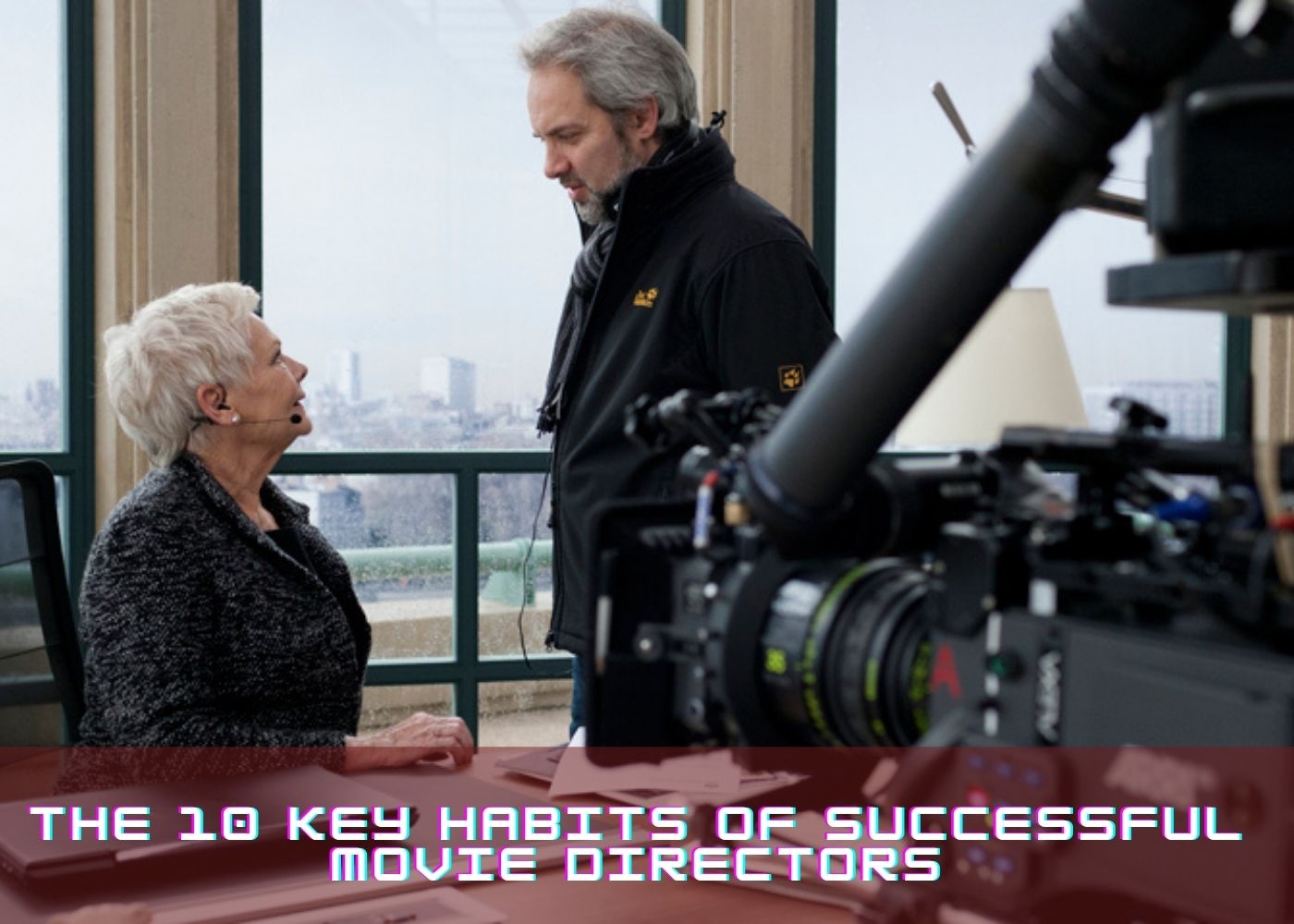Movie directors have several behaviours in common that help them be so effective at what they do. Check out these 10 practices of successful film directors to help you improve your directing abilities:
1. Taking extra time to learn the process
Martin Scorsese believes that a filmmaker should be able to strike their mark, communicate with another actor, and get a sense of how an actor goes around a room while being recorded. They can do this by enrolling in acting classes or appearing on camera on occasion. Knowing how to deal with the self-consciousness that comes with being on camera will help you in your directorial endeavours. A filmmaker should try acting in a film directed by another director whenever possible, even if it means portraying themselves. Learning to direct others will provide you with new skills and a greater grasp of how performers think.
2. Setting the mood
Beginning the tone of your film in preproduction, according to director Judd Apatow, is a good idea. It can be beneficial to compare your film to other films so that those working on it are aware of the context in which it resides. Is it a reality in its purest form or something more abstract? Everyone involved in the project, from the actors to the costume designer, will benefit if the tone is established early on. The tone of the film may change throughout the process of production, including during filming. Whether or not a scene corresponds to that tone is a part of the director's process. If it doesn't, trim it or make the necessary adjustments.
3. They approach Directing like a parent
Jodie Foster, an actress and director, directs performers more lovingly. A director must give his or her actors room to fail or succeed when taking risks. They must tell their actors that they will be there for them at all times so that they feel comfortable and supported. Directors who care for their performers give them both freedom and structure. When you're directing, be specific about your objectives for each take or scene so that the actor knows what to expect.
4. They get well-acquainted with the actors
David Lynch enjoys getting to know his performers so that he can appreciate their whole range of abilities. Several "layers" can be found in many actors. One of the best ways to find the right actor for the role is to get to know them better. This can help you figure out how to access those layers and bring them out to their full potential.
5. Developing a sense of trust
Mira Nair, a successful independent film director, employs a range of strategies to help actors of all levels of expertise to trust and warm up to one another. For films like Salaam Bombay! and Queen of Katwe, which feature actors of all ages, she enlists the help of Dinaz Stafford, who holds extensive workshops with her casts, starting with a readthrough of the script and progressing through trust exercises, theatre games, and voice work. Such group activities, she finds, assist to reduce anxiety, lower ego, and bring people together as equals with the same goal.
6. The willingness to work with others
Bringing an actor into a collaborative role, according to directors like Ron Howard, is a sign of respect and reveals an honesty that people will pick up on in the end. Start by knowing how each actor works best and do everything you can to film in a way that best supports each person's approach or prioritize to benefit the style of the actor carrying the scene when working with an ensemble of actors. The way actors perform will be influenced by the decisions you make within the frame. Make sure you know how to obtain the performance you're looking for from that actor, or that the frame isn't intruding on an actor you want to be free.
7. Direct with love and kindness
David Lynch believes that it is important to do it with love. You communicate with them through your words and your gaze, and they receive it. It frequently fails due to uncertainty, fear, or a refusal to let go and allow that persona to take control for various reasons, or a lack of comprehension. You make them feel at ease so that they can let go of their old self and embrace a new one. Make them feel as if failing and trying something new isn't an issue. It is not humiliating; rather, it is a show of bravery to attempt new things and put them into practice.
8. Harmony-building
Spike Lee prefers to initiate a conversation with his cast and resolve any approach conflicts before the cameras start rolling; otherwise, the same concerns will emerge on set. Allowing the actor a certain amount of breathing room inside the character is part of the dance between actor and director.
9. They do the best they can with the resources they have
At the end of the day, you have to work with the actors' performances. You may desire one thing yet end up with something very different. When you see anything in the context of a cut, you realize it's not as bad as it seems. Martin Scorsese knows some things aren't going to work, yet he nevertheless goes ahead and shoots them. His advice is to simply shoot them because it is a necessary part of the acting process.
10. Everything is taken into account
When filming comedies where improvisation is encouraged, it's critical to maintain track of the stuff you're using and cutting so that you don't lose track of your ideas.
We hope you're picking up some valuable information here. Stay up to date on intriguing stuff like this, follow Filmdistrict Dubai, a leading Production House in Dubai that specializes in Film Equipment Rental Dubai, Audio Visual Rental Dubai, Photo Booth Dubai, and Camera Rental Dubai.







